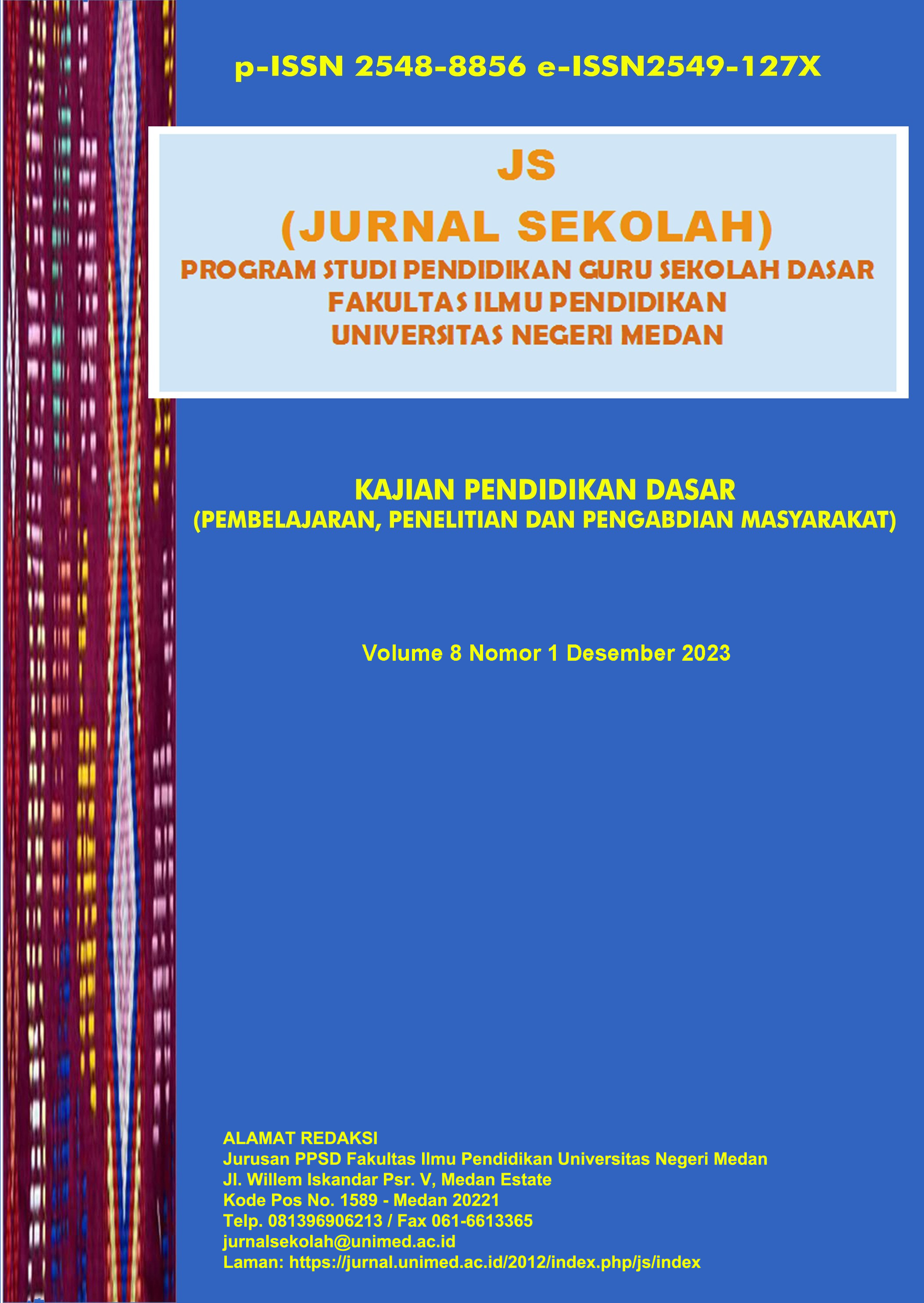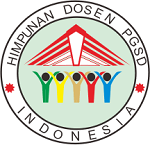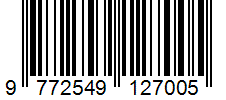EFEKTIVITAS BAHAN AJAR IBM SPSS BERBASIS PROJECT BASED LEARNING (PjBL) BERDASARKAN KURIKULUM OUTCOME BASED EDUCATION (OBE) PADA MATERI UJI BEDA
DOI:
https://doi.org/10.24114/js.v8i1.53126Abstract
Abstract: This research is based on the demands of 21st century education where students must have qualified skills to enter the world of work after completing their studies. This can be done through the learning process using the Outcome Based Education (OBE) curriculum, which in the process can be done by applying the Project Based Learning (PjBL) learning model. In supporting the learning process to be optimal, it is necessary to develop teaching materials that are in accordance with the demands of 21st century education. This study aims to see the effectiveness of IBM SPSS Statistics teaching materials based on Project Based Learning (PjBL) based on the Outcome-Based Education (OBE) curriculum on the topic of Differential Test. The study population was five classes, namely all chemistry education students at Medan State University in 2022 who were taking Statistics courses as many as 5 classes. The sample used in the study was 1 class selected by random sampling technique, which consisted of 25 students. The instrument used to measure the effectiveness of teaching materials developed is a test instrument in the form of 4 essay questions that have been valid and reliable. Testing effectiveness by comparing student learning outcomes in the state before and after using teaching materials. The effectiveness of teaching materials in this study was measured using the N-gain score. From the results of the analysis, it was found that the effectiveness of IBM SPSS Statistic-based Project Based Learning (PjBL) teaching materials based on the Outcome-Based Education (OBE) curriculum on different test material was declared quite effective with an N-Gain value of 68%.Keyword: Outcome Based Education, Project Based Learning (PjBL), T-test, IBM SPSS, StatisticsAbstrak: Penelitian ini latarbelakangi tuntutan pendidikan abad 21 dimana mahasiswa harus mempunyai kecakapan yang mumpuni untuk terjun dalam dunia kerja setelah menyelesaikan kuliahnya. Hal ini dapat dilakukan melalui proses pembelajaran dengan menggunakan kurikulum Outcome Based Education (OBE), dimana dalam prosesnya dapat dilakukan dengan menerapkan model pembelajaran Project Based Learning (PjBL). Dalam menunjang proses pembelajaran agar maksimal maka perlu dikembangkan bahan ajar yang sesuai dengan tuntutan pendidikan abad 21. Penelitian ini bertujuan untuk melihat keefektifan bahan ajar ajar IBM SPSS Statistics Berbasis Project Based Learning (PjBL) berdasarkan kurikulum Outcome-Based Education (OBE) pada materi Uji Beda. Populasi penelitian sebanyak lima kelas yakni seluruh mahasiswa pendidikan kimia Universitas Negeri Medan stambuk 2022 yang sedang mengambil mata kuliah Statistik sebanyak 5 kelas. Sampel yang digunakan dalam penelitian sebanyak 1 kelas yang dipilih dengan teknik random sampling, dimana terdiri dari 25 orang mahasiswa. Instrumen yang digunakan untuk mengukur efektivitas bahan ajar yang dikembangkan adalah instrumen tes berupa 4 soal essay yang telah valid dan reliabel. Pengujian efektivitas dengan membandingkan hasil belajar mahasiswa pada keadaan sebelum dan sesudah menggunakan bahan ajar. Efektivitas bahan ajar dalam penelitian ini diukur menggunakan N-gain score. Dari hasil analisis diperoleh bahwa efektivitas bahan ajar IBM SPSS Statistic Berbasis Project Based Learning (PjBL) berdasarkan kurikulum Outcome-Based Education (OBE) pada materi uji beda dinyatakan cukup efektif dengan nilai N-Gain sebesar 68%.Kata Kunci: Outcome Based Education (OBE), Project Based Learning (PjBL), Uji Beda, IBM SPSS, StatistikDownloads
Published
2023-12-09
How to Cite
Syafriani, D., Darmana, A., Syuhada, F. A., Sari, D. P., & Amdayani, S. (2023). EFEKTIVITAS BAHAN AJAR IBM SPSS BERBASIS PROJECT BASED LEARNING (PjBL) BERDASARKAN KURIKULUM OUTCOME BASED EDUCATION (OBE) PADA MATERI UJI BEDA. JS (JURNAL SEKOLAH), 8(1), 47–53. https://doi.org/10.24114/js.v8i1.53126
Issue
Section
Articles
License
Copyright (c) 2023 Dewi Syafriani, Ayi Darmana, Feri Andi Syuhada, Dwy Puspita Sari, Susilawati Amdayani

This work is licensed under a Creative Commons Attribution-ShareAlike 4.0 International License.

Jurnal Sekolah is licensed under a Creative Commons Attribution-ShareAlike 4.0 International License.
















